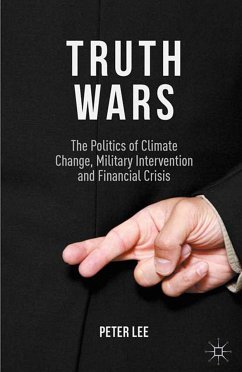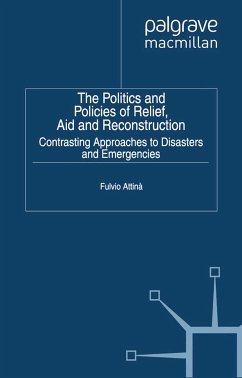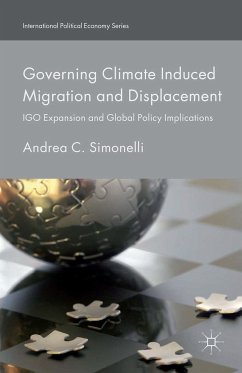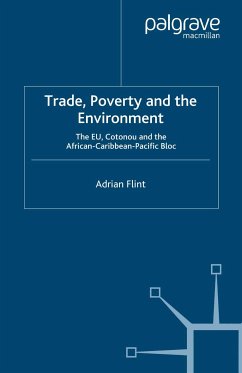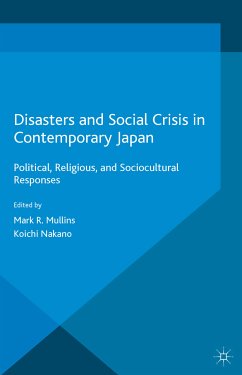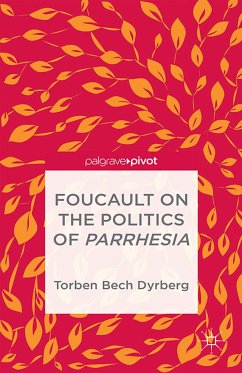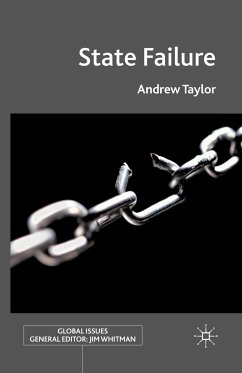Dieser Download kann aus rechtlichen Gründen nur mit Rechnungsadresse in A, B, BG, CY, CZ, D, DK, EW, E, FIN, F, GR, HR, H, IRL, I, LT, L, LR, M, NL, PL, P, R, S, SLO, SK ausgeliefert werden.
'Focusing upon the three great global political crises of our time military intervention, the financial meltdown, and the actual 'meltdown' threatened by climate change the author provides a probing and deeply unsettling assessment of the manner in which competing and often illusory truth-claims are fashioned by political leaders, governments, international institutions and demagogues solely in order to re-shape the world in their image, and to gain control over the lives of others. Our fundamental assumptions about what Truth is, or what it means, are put to test in this eloquent, articulate, and provocative work.' - George R. Lucas Jr., U.S. Naval Postgraduate School, USA
'Truth Wars makes a unique and important contribution to the literature on some of the most pertinent questions in global politics today. Peter Lee's new book really challenged my own thinking on what I thought was 'true' in the debates about climate change, drone warfare and the global financial crisis. I cannot wait to see my IR students engage with this thought-provoking analysis, which is guaranteed to lead to some heated discussions! Moreover, Truth Wars not only stands out for its innovative approach to global crises and controversies. It is written with such a sense of fun that I could not put it down once I started reading.' - Bettina Renz, University of Nottingham, UK
'Peter Lee provides the reader with a stimulating, non-judgmental foundation for what can only be classified as the attempt to understand how political truths become political truths and their impact on the political process of establishing policy, making decisions that will affect how policy is implemented, and how it ultimately affects each of us.At least after reading Politics in Crises: Truth Wars, each of us will have a better understanding of the way these truth wars are conducted and be better able to form our own truths.' Bill Powers, Potomac Institute for Policy Studies, Canada

